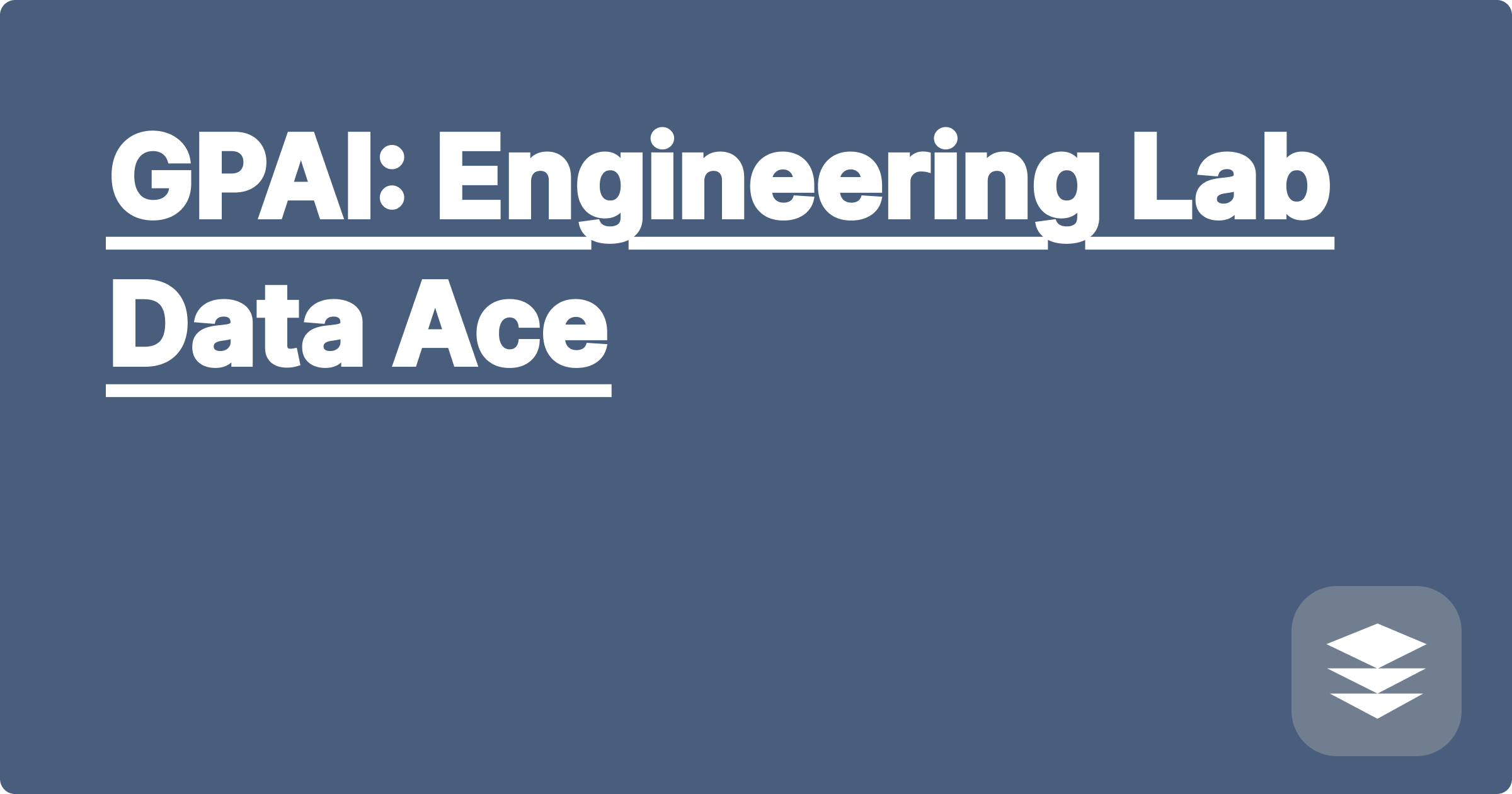
The sheer volume of data generated in modern STEM labs presents a significant challenge. Analyzing this data efficiently and extracting meaningful insights can be overwhelming, often hindering research progress. Artificial intelligence offers a powerful toolkit to address this bottleneck, providing opportunities to automate tasks, analyze complex datasets, and accelerate scientific discovery. This blog post explores how AI, particularly through tools like ChatGPT, Claude, and Wolfram Alpha, can become your GPAI (Generative Pre-trained AI) assistant, helping you conquer lab data challenges and boost your academic success.
This information is particularly relevant for STEM students and researchers struggling with the complexities of lab data analysis. Mastering these AI-powered techniques can significantly improve your research efficiency, allowing you to focus on higher-level thinking and innovation. By understanding how to leverage these tools, you can gain a competitive edge in your academic pursuits and contribute more effectively to your field. This translates to faster completion of projects, more insightful publications, and a deeper understanding of the underlying science.
The challenges in lab data analysis stem from several factors. Experiments often generate massive datasets, ranging from terabytes of genomic sequencing data to intricate time-series measurements from sensors. Traditional data analysis methods can be time-consuming and require specialized expertise in programming and statistical modeling. Furthermore, data often comes in diverse formats, requiring complex pre-processing and cleaning before any meaningful analysis can begin. Another significant hurdle is the inherent complexity of the underlying scientific questions. Distilling meaningful insights from noisy, high-dimensional data requires sophisticated analytical techniques and a deep understanding of the underlying scientific principles. These challenges can be particularly daunting for students who are still developing their analytical skills and domain expertise.
AI tools offer a transformative approach to lab data analysis. Large language models like ChatGPT and Claude can assist with literature reviews, experimental design, and even generating code for data processing. They can explain complex scientific concepts, translate technical jargon, and provide summaries of research papers, saving you valuable time and effort. Wolfram Alpha excels in symbolic computation, data visualization, and providing access to a vast knowledge base of scientific facts and formulas. It can be used to perform complex calculations, analyze experimental data, and generate interactive plots, significantly simplifying the data analysis workflow. By combining the strengths of these different AI tools, you can create a powerful GPAI assistant that streamlines your entire research process.
Begin by clearly defining your research question and identifying the relevant data sources. This involves understanding the type of data you are working with, its format, and any potential limitations or biases. Next, explore the capabilities of different AI tools to determine which ones are best suited for your specific needs. For example, if you need to process large amounts of numerical data, Wolfram Alpha might be the ideal choice. If you are struggling with understanding a complex scientific concept or need help with literature review, ChatGPT or Claude can be invaluable. Once you have selected the appropriate tools, you can start experimenting with them. Input your data and explore different analysis options. Iterate through the process, refining your queries and parameters until you achieve the desired results. Document your workflow meticulously, including the specific prompts you used and the results obtained. This will ensure reproducibility and allow you to easily share your findings with others.
Consider a scenario where you are analyzing the results of a chemical reaction. You have collected data on the concentration of reactants and products over time. You can use Wolfram Alpha to plot this data, fit it to a kinetic model, and determine the reaction rate constant. Simply input the data and specify the desired model, and Wolfram Alpha will handle the rest. For example, you could input "fit {t, concentration} data to a first-order reaction model" along with your data points. Wolfram Alpha will then generate a plot of the data, fit the specified model, and provide the calculated rate constant. Another example involves analyzing gene expression data. You can use ChatGPT or Claude to summarize relevant research papers, identify potential pathways involved in the observed changes, and even generate hypotheses for further investigation. By prompting the AI with a specific gene or pathway, you can receive a wealth of information, including its function, related genes, and potential disease associations.
To maximize your academic success with AI, develop a strong understanding of the underlying scientific principles. AI tools are powerful assistants, but they should not replace your critical thinking skills. Always validate the results obtained from AI against your existing knowledge and seek expert advice when needed. Experiment with different AI tools and explore their diverse capabilities. Each tool has its strengths and weaknesses, and by familiarizing yourself with a range of options, you can choose the best tool for each specific task. Stay up-to-date with the latest advancements in AI and their applications in your field. The field of AI is rapidly evolving, and new tools and techniques are constantly emerging. By staying informed, you can leverage the latest innovations to enhance your research and stay ahead of the curve.
Embrace the power of AI as your GPAI assistant, but remember that it is a tool to augment, not replace, your own intellect. By combining your scientific expertise with the computational power of AI, you can unlock new possibilities in your research and achieve greater academic success. Start exploring these tools today, experiment with different approaches, and discover how AI can transform your lab data analysis workflow. Engage with online communities and forums to share your experiences and learn from others. The future of STEM research is intertwined with AI, and by embracing these technologies, you can position yourself at the forefront of scientific discovery.